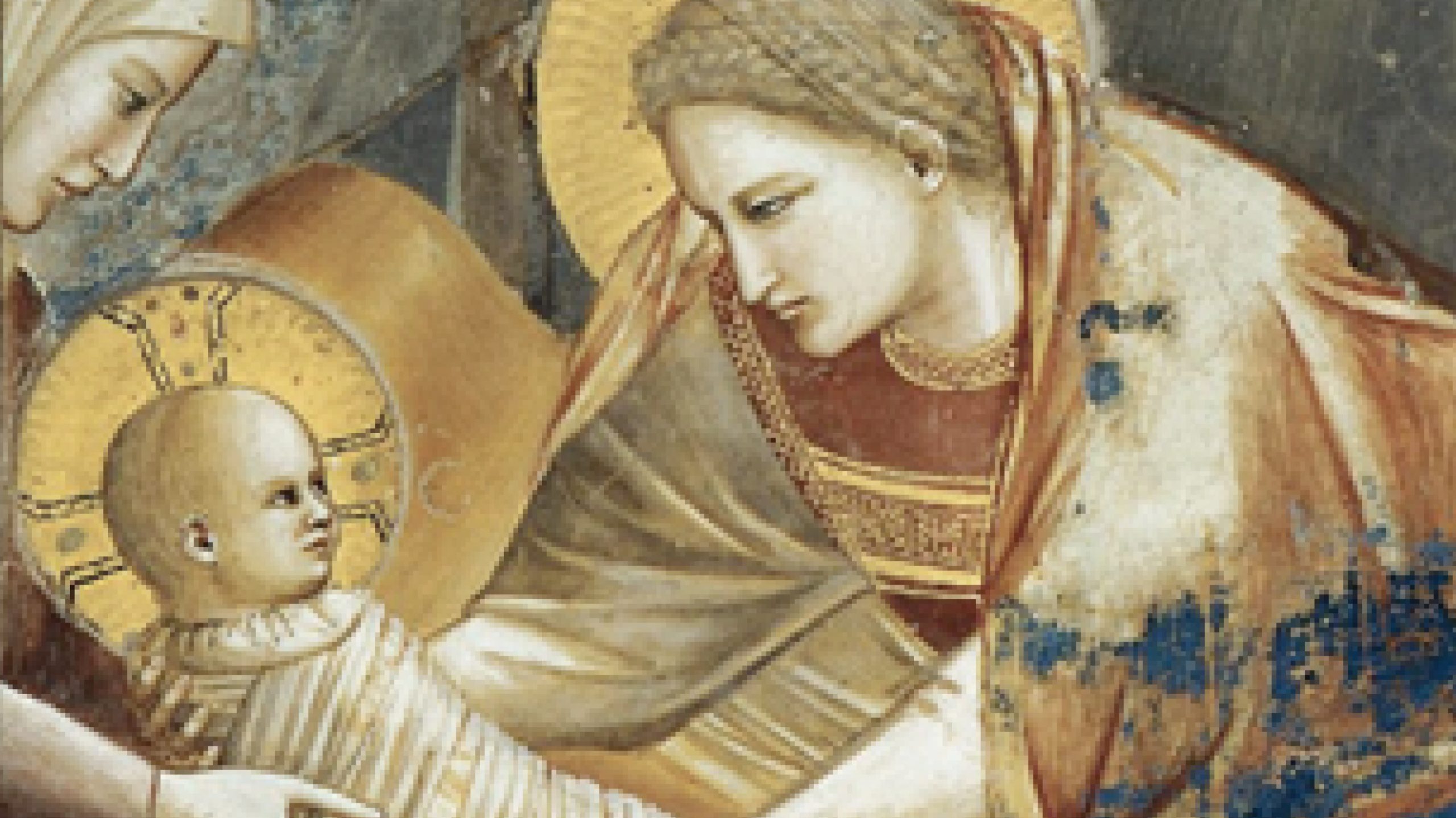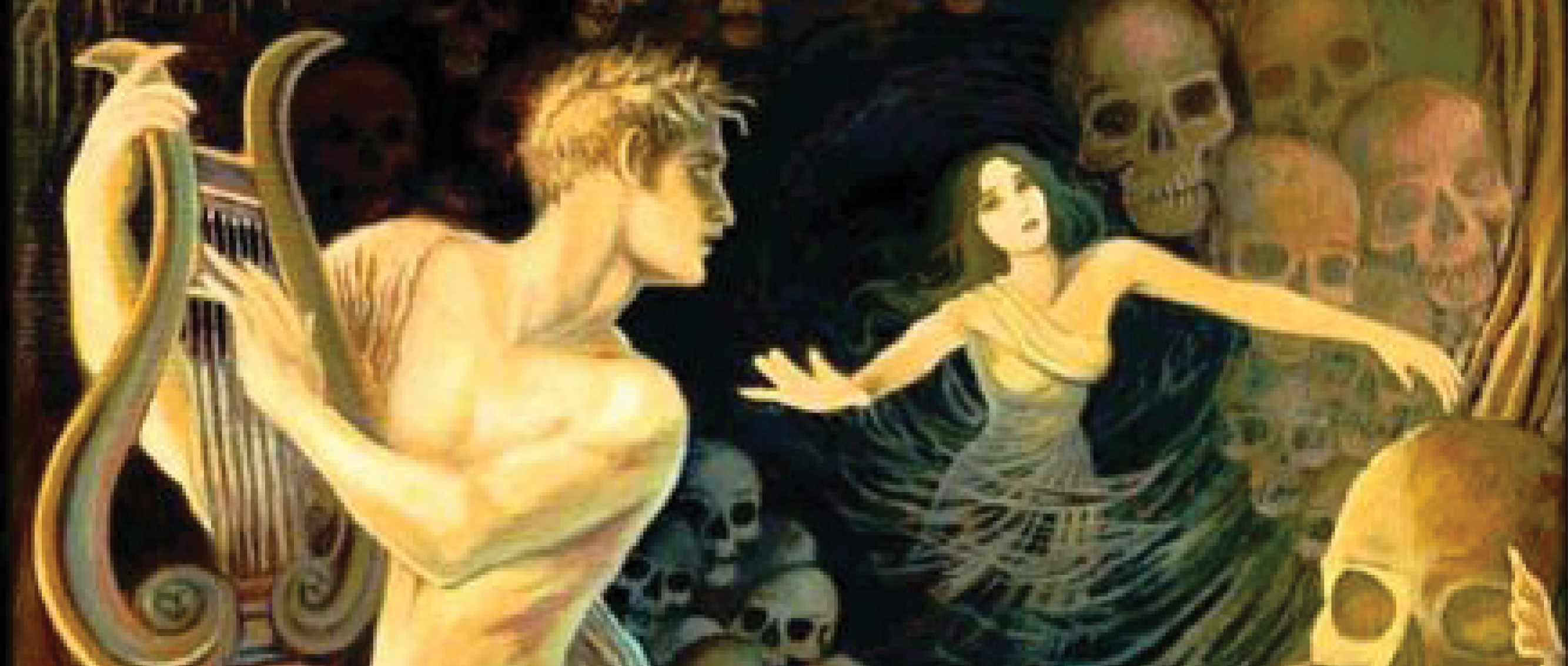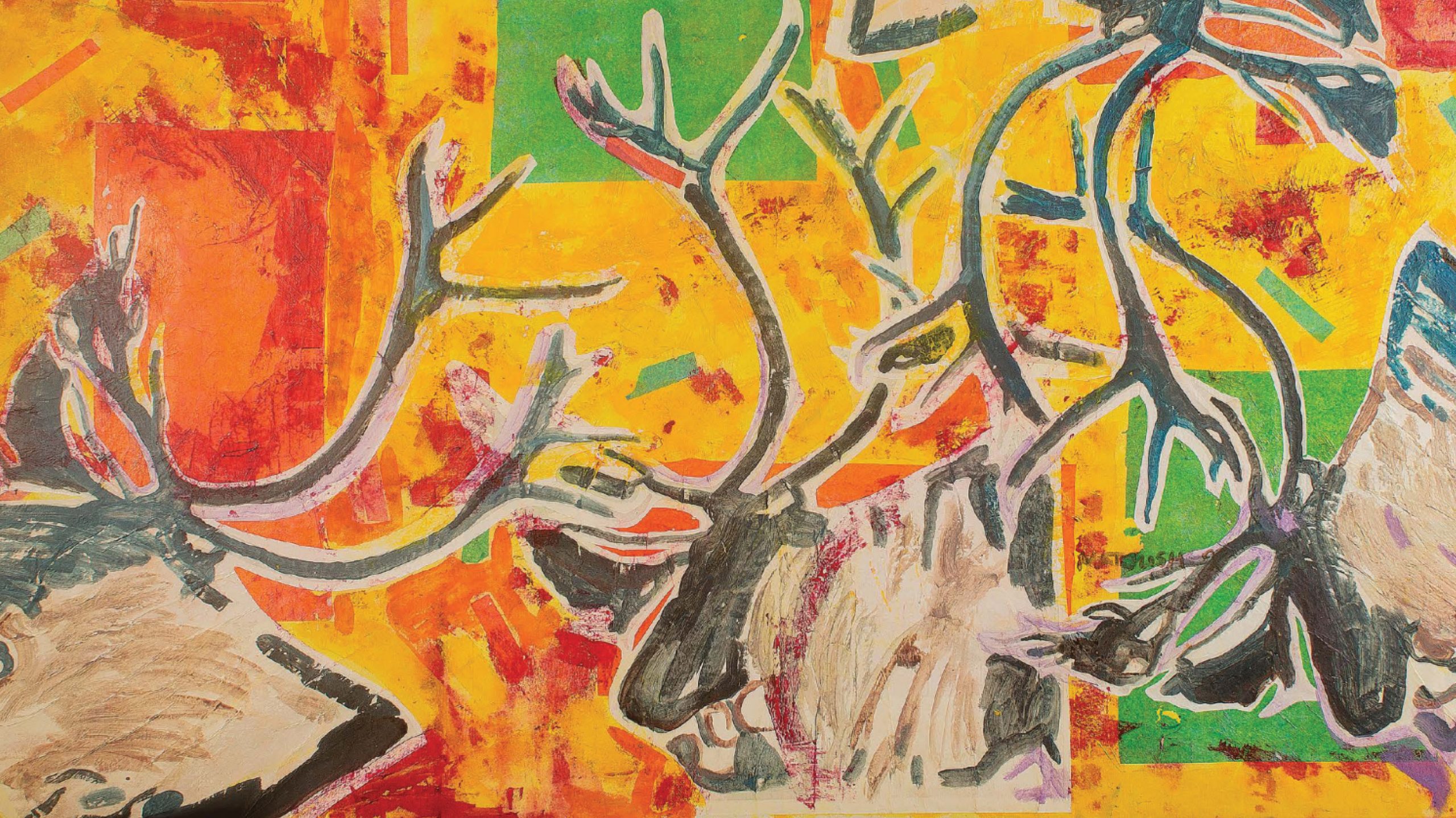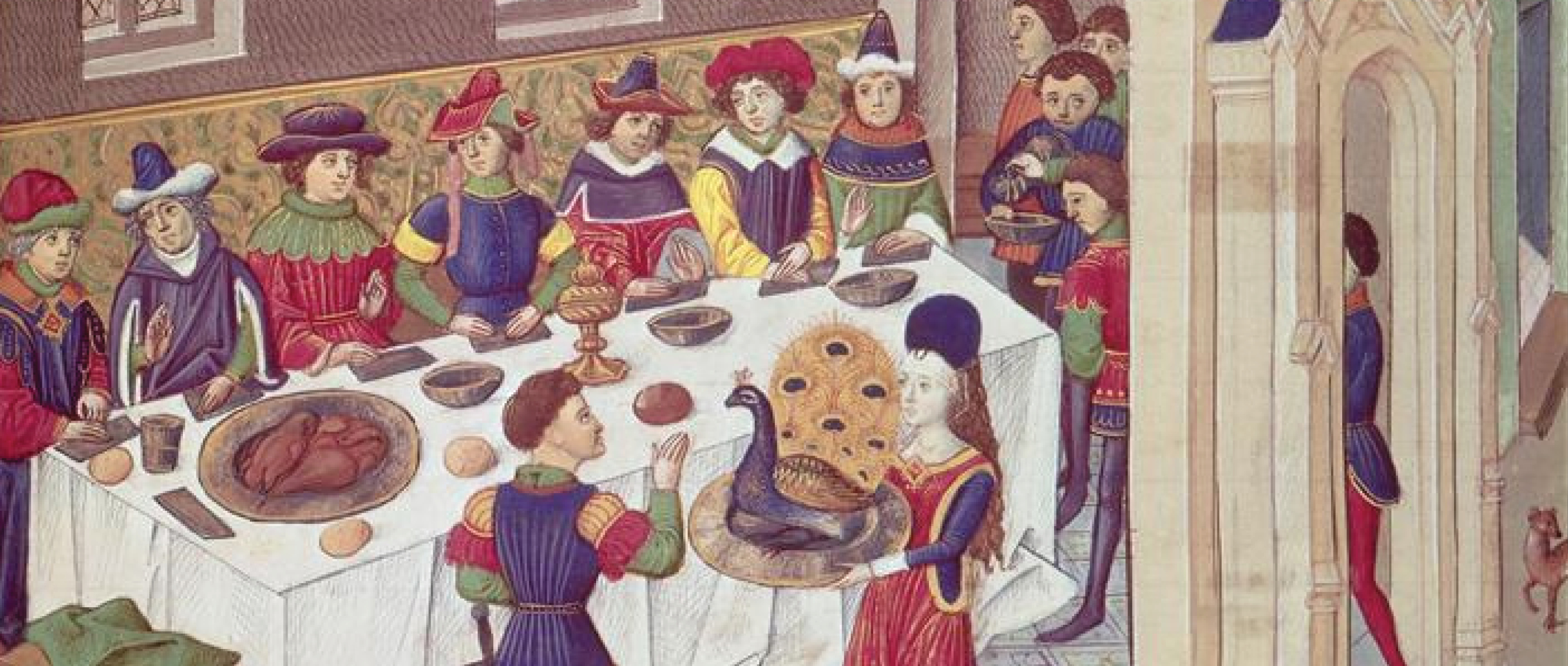Nation, Empire, Democracy in the Age of Modern Capitalism: Italy as a Model Case
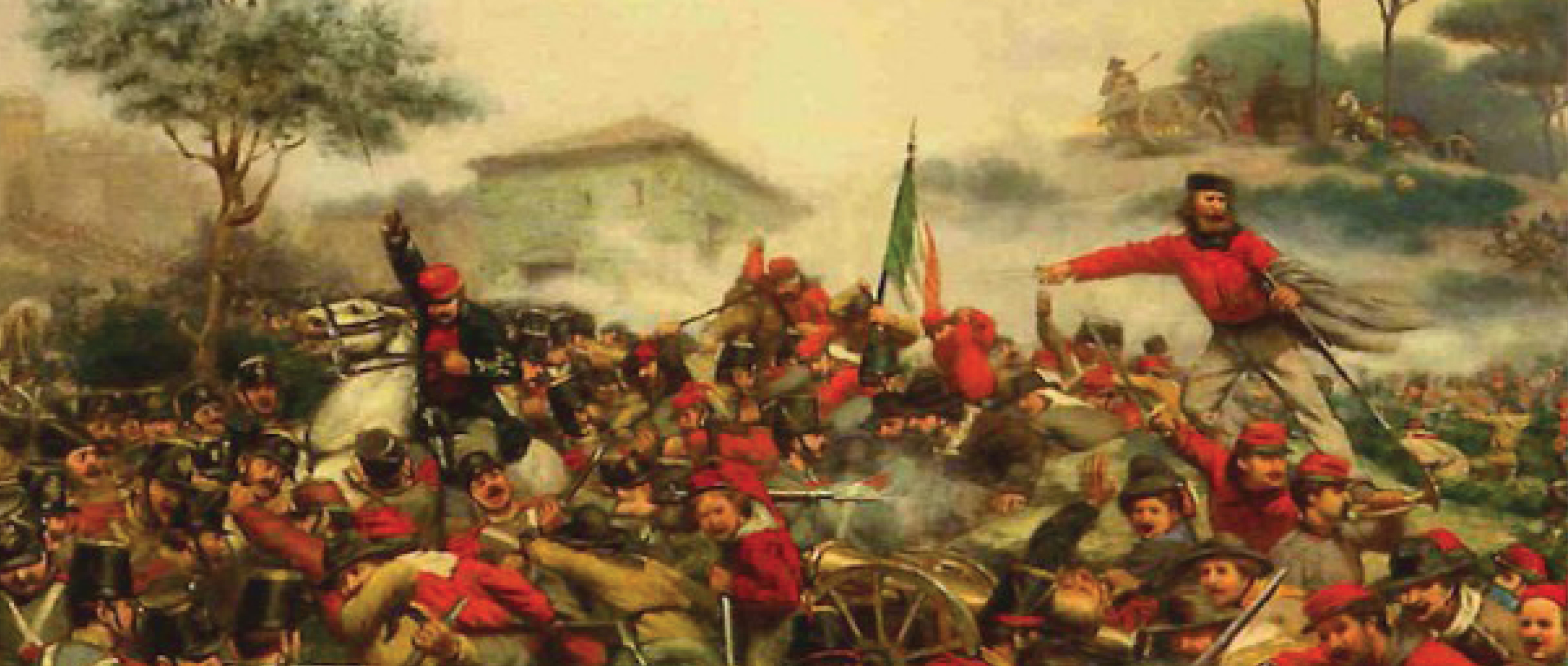
Garibaldi at the Battle of Calatafimi (1860) - painting by C. H. Granger
The two recurring, competing (but, also, interwoven) issues of national identity vs. global empire (lat. Imperium) are explored in this course by studying historical, political, literary, cinematographic and cultural evidence from Italy: a country which, despite its miniature size by world standards, displays all the features of a poignant and a revealing historical model case, and has been able to condense into a nutshell today’s main historical concepts.
We pursue “Nation, Empire, Democracy” through the five most recent phases of Italian (and European, and global) history, which in our case are: 1, Romanticism and Risorgimento (1815-1860/70); 2, imperialism (1860/70-1919); 3, Fascism (1919-1945); 4, the high industrial age of nation-states (1945-1993); and 5, late global capitalism (since the creation of Maastricht’s European Union) (1993-?), with its current financial, trade, energy, ecological, and demographic imbalances.
Required readings:
- Excerpts from literary and historical works, as will be POSTED ON CANVAS.
- Christopher Duggan, The Force of Destiny: A History of Italy Since 1796, Penguin 2008.
Prerequisites: No prerequisites
Language of instruction: English
